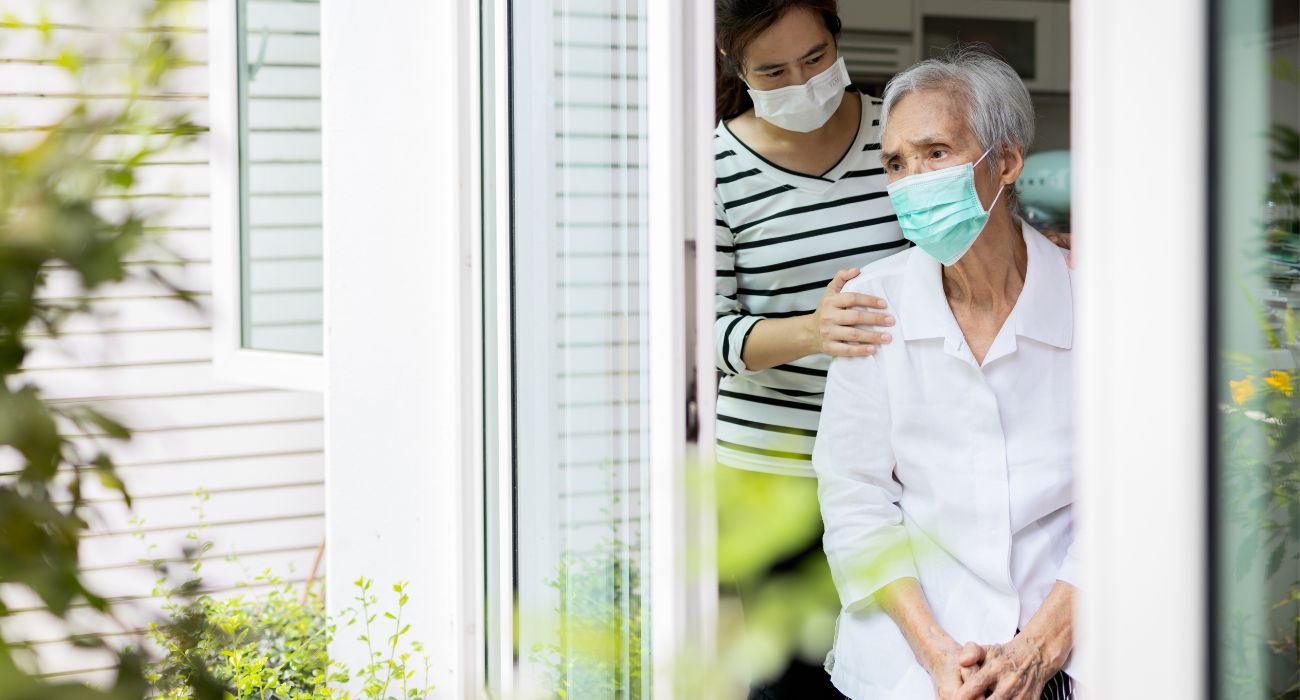Even months after contracting COVID-19, many individuals report not having fully recovered.
A study conducted by the University of Glasgow and published in Nature Communications revealed that 6% of people who have had COVID-19 still had not recovered from the initial infection upwards of 18 months later, and another 42% reported only partially recovering at all.
Jill Pell, professor of public health at the University of Glasgow and the study’s author, said, “While most people recover quickly and completely after infection with COVID-19, some people develop a wide variety of long-term problems.”
“Therefore, understanding long COVID is essential to inform health and social care support,” she said.
Long-COVID sufferers commonly report experiencing shortness of breath, chest pain, heart palpitations, and brain fog, among other symptoms. Broadly speaking, individuals affected with the condition report a reduced overall quality of life.
The study comes as questions persist over whether or not long-COVID is real or psychosomatic, and whether it is a syndrome or a disease.
The purpose of the study, which began in May last year, was to uncover any long-term impacts of COVID-19 infections by comparing individuals who have contracted COVID with those who have not been infected.
The study included tens of thousands of people over multiple months. In total, 33,000 individuals who contracted COVID-19 were compared to 63,000 who had not been infected. Both groups completed questionnaires at six, 12, and 18 months.
Pell stated that the university’s “study is important because it adds to our understanding of long COVID in the general population, not just in those who need to be admitted to [the] hospital with COVID-19.”
Expounding on their procedure, Pell said, “By comparing symptoms with those uninfected, we were able to distinguish between health problems that are due to COVID-19 and health problems that would have happened anyway.”
Dr. Ziyad Al-Aly from Washington University in St. Louis echoed Pell’s sentiment.
Al-Aly told the New York Times, “The beauty of this study is they have a control group, and they can isolate the proportion of symptomatology that is attributable to COVID infection.”
“It also tracks with the broader idea that long COVID is truly a multisystem disorder,” he added.
People hospitalized after contracting COVID-19, elderly individuals, women, people with pre-existing conditions, and those from lower-income communities were also more likely to develop long-lasting symptoms, according to Pell’s study.
Treatment for long COVID-19 symptoms can be accomplished by improving the “quality of life,” said Dr. Christian Sandrock, a professor of critical care and infectious disease medicine at the University of California–Davis School of Medicine.
In addition to adjusting sleep and reducing stress, long COVID sufferers reportedly have a few other options for integrative care. These include psychological therapies, acupuncture, rehabilitation interventions, meditation, and chiropractic therapy.







I am a once active healthy senior citizen who now takes till noon to rise and try and shine. Covid has totallt changed my quality of life. Major fatigue. Have tried all kinds of things. My Dr denied an experimental drug. I will try anything to feel alive and well. Praying daily. Linda